- Make It Yourself Lavender Heart-Shaped Bath Bombs!
- 20 Things You Never Knew About “Down There”
- 12 Best Foods For Those Suffering From Arthritis Pain
- 12 Personal Hygiene Mistakes Almost Everyone Makes (Mom Never Told You About #4!)
- 15 Medicinal Plants And Herbs From The Cherokee People
- 12 Mind-Blowing Benefits Of Drinking Coconut Water During Pregnancy
- 12 Outstanding Winter Foods That Won’t Fatten You Up Like A Christmas Turkey
15 Ways To NOT Get Cancer (#9 Saves Money, Too!)
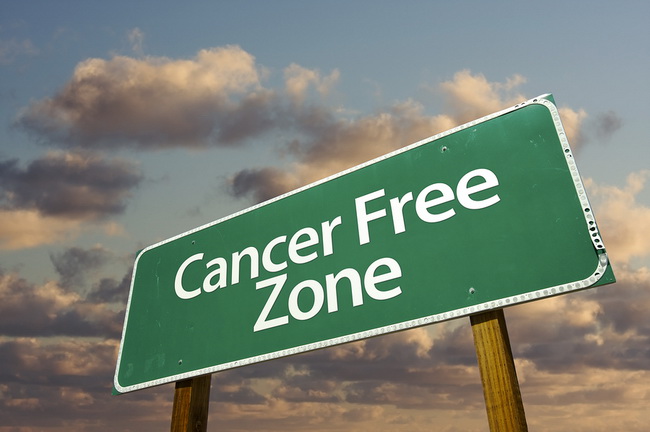
Photo credit: bigstock.com
More than diabetes, Alzheimer’s, or heart disease, Americans fear cancer the most. This is understandable since it takes the life of one out of every four people. Most cancer cases are merely focused on the “cure” or treatment, and you rarely hear anything about prevention.
Most people feel powerless against this disease and think that it’s simply a matter of “luck” when it comes whether or not they will get it. What a relief to know that there are plenty of means of prevention. These not only lower your risk of developing cancer, they are extremely effective as well.
At least 50 percent of all cancer cases could be prevented by simply making healthier lifestyle and eating choices. Although most people are aware that their diet choices can lead to great health or cancer and disease, not nearly as many people know that there are also many choices that can be made around your home to help avoid cancer.
Keep reading and find the top 15 ways you can literally choose to NOT get cancer.
1. Drink Alcohol in Moderation
Moderate drinking is good for the heart, but drinking more than the recommended one drink per day for women and two drinks per day for men increases your risk of developing cancer. If you currently don’t drink, don’t feel pressured to do so. If you already drink moderately, you don’t have to stop; but if you drink more than the recommended amount, you should cut back to lower your risk of developing certain types of cancer. Talk to a health care professional if you feel you have a problem with alcohol and can’t stop.
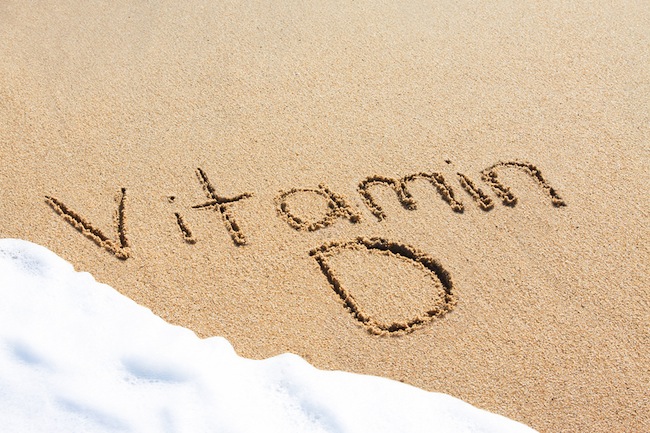
Photo credit: bigstock.com
2. Optimize Vitamin D Levels
This is a little known way to slash your risk of cancer! Getting plenty of vitamin D, especially through safe sun exposure or a safe tanning bed, is essential for avoiding cancer. There have been numerous studies involving data from more than 100 countries showing that the higher the solar UVB, the lower the incidence of cancer among those cultures. This includes lower rates of:
- Bladder cancer
- Colon cancer
- Cervical cancer
- Ovarian cancer
- Hodgkin’s lymphoma
- Non-Hodgkin’s lymphoma
- Esophageal cancer
- Lung cancer
- Kidney cancer
- Pancreatic cancer
Try to get natural sunlight rather than relying on supplements. If you live in an area with little sunlight or if you have other problems preventing you from getting sunlight, then supplements are better than nothing. Begin with 10 minutes of sun exposure, gradually adding two minutes every week until you can spend 30 to 45 minutes in the sun without burning. Once your skin turns a light pink, you will know you have gotten enough sun. If you take vitamin D supplements, be sure you take vitamin K2 as well.
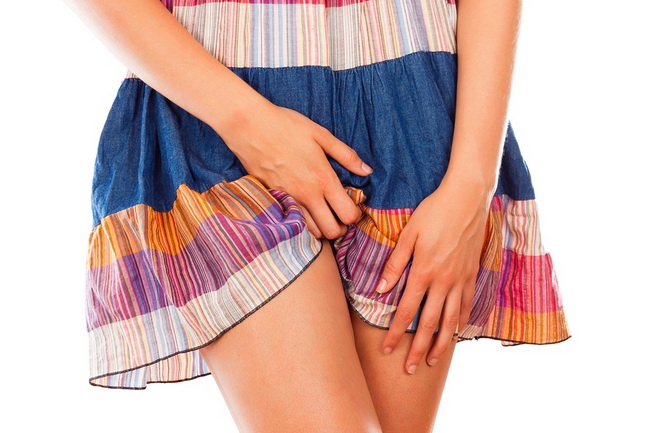
Photo credit: bigstock.com
3. Protect Yourself from STDs
Sexually transmitted infections, such as the human papillomavirus (HPV) have been linked to a number of different types of cancer. Protecting yourself from these infections can lower your risk. Limit your number of sexual partners.
Follow safe sex practices and always use a condom, no matter how “healthy” your sex partner might look. Never rely on your partner to carry a condom — always keep one and be prepared.
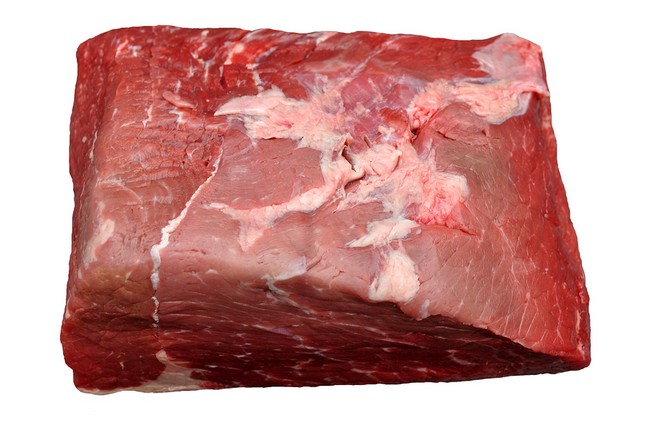
Photo credit: bigstock.com
4. Avoid Eating Excess Protein
Americans seem to go to extremes. Some of us eat far too many carbs, others eat far too much protein. One gram of protein per pound of body weight is plenty of protein. If you have a sedentary lifestyle, .05 a gram per pound of body weight is sufficient. Try to keep your protein consumption to less than 100 grams each day. Although everyone knows that protein is important for health, excessive protein consumption has a tremendous impact on cancer growth.
To replace those lost calories when you dump the excess protein, choose high quality fats such as coconut oil, avocados, butter, olives, nuts, and eggs.
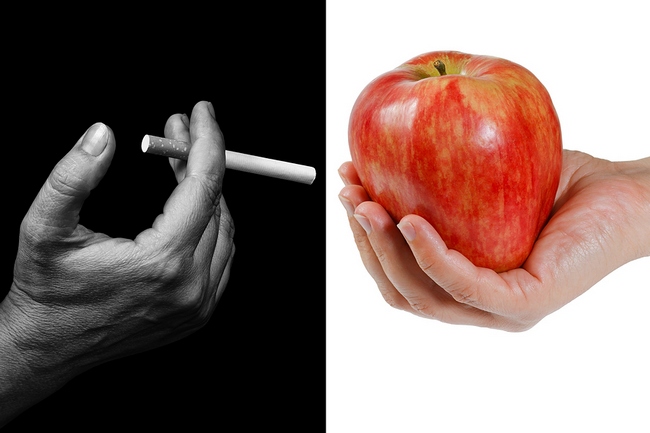
Photo credit: bigstock
5. Don’t Smoke
You’ve probably heard it a million times: Smoking causes cancer. If you smoke, the best thing you can do for your health — if you do nothing else — is quit. Yes, it’s hard, but it’s not impossible. More than 1,000 people do every day.
Don’t give up! Many people quit an average of six times before they are successful. Join a quit-smoking program. It helps to talk to others and learn about different ideas to making quitting easier.
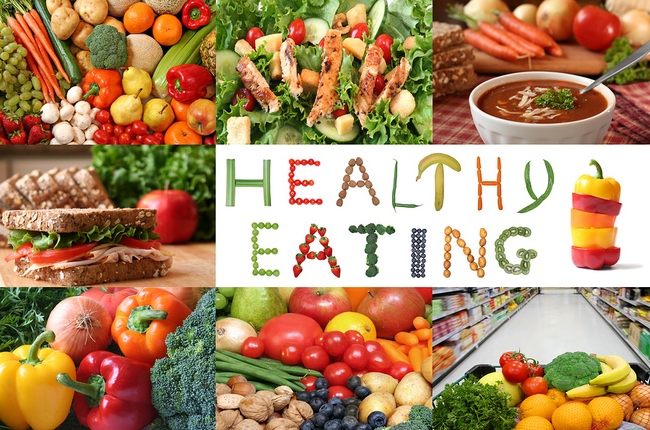
Photo credit: bigstock.com
6. Eat a Healthy Diet
This is another point that most people are aware of, but few people actually practice. Eating a healthy diet with living foods offer amazing health benefits. Sprouts are a true super food that many people overlook. Sprouts are the ultimate food that you can grow yourself.
Focus your diet on being plant-based with some organic chicken and lean beef, plenty of healthy fats such as nuts, avocados, seeds, butter, and coconut oil. That old saying, “you are what you eat” is absolutely true.

Photo credit: bigstock.com
7. Maintain a Healthy Weight
Although keeping your weight in check is certainly easier said than done, it’s not as hard as you might think. If you are already overweight, first focus on not gaining more weight. That alone can improve your health. Then, try to lose just five percent of your body weight. Don’t focus on losing 40, 50, or more pounds at one time — that makes the task seem never-ending. If you weigh 230 but should weigh 140, don’t look at this as 90 pounds; instead, focus on only losing 11 or 12 pounds.
That doesn’t seem like much, but it will go a long way towards lowering your risk of cancer and other deadly diseases. After you drop those 12 pounds, you can focus on the next five percent. This will certainly make the task look easier.
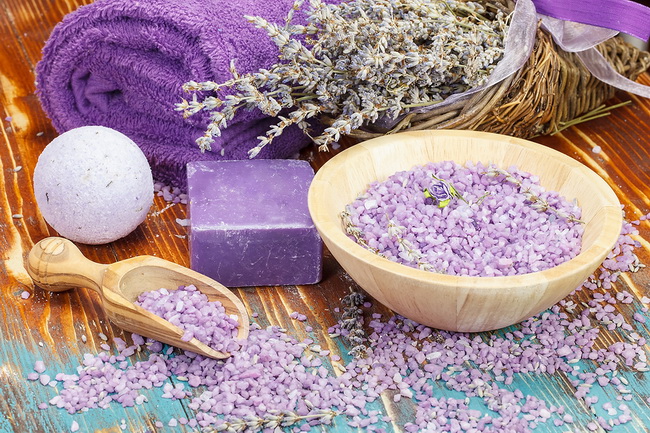
Photo credit: bigstock.com
8. Choose Greener Personal Care Products
Most people think of changing their diets and exercising when it comes getting healthier, but your personal care products are another important thing to consider when trying to avoid cancer. Putting chemicals on your skin is, in many ways, far more dangerous than consuming them. At least when you eat something, your liver processes the chemicals and can help to remove some of them. Toxic chemicals you put on your skin go directly to your bloodstream, then into your lymph system, and then directly to your internal organs. There are thousands of toxic chemicals used in our lotions, creams, shampoo, toothpaste, and makeup. The National Institute of Occupational Safety and Health has said that there are more than 900 toxic chemicals used in the most common products. It would be impossible to list them all here, but the worst offenders are:
- Paraben
- Lead
- Phthalates
- Mineral oil
- Paraffin
- Petrolatum
- Formaldehyde
- Hydroquinone
- Sodium lauryl sulfate
Look for the USDA’s verified organic seal or make your own natural personal care products. Coconut oil is great for skin and hair, oregano oil can quickly heal acne, plain soap and water work just fine for killing bacteria, and coconut oil with baking soda makes terrific toothpaste.
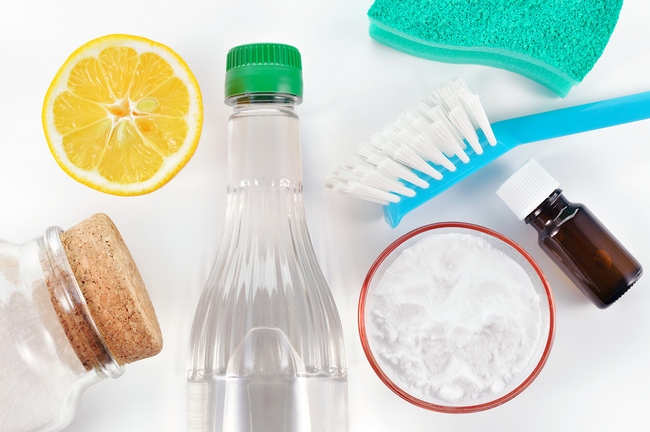
Photo credit: bigstock.com
9. Make Your Own Cleaning Supplies
When you limit your exposure to toxic chemicals and carcinogenic substances, you immediately lower your risk of cancer. It’s difficult to trace back 20 or 30 years’ worth of chemical exposure and say that this product or that cleaner caused the cancer. What is known is that commonly used household cleaners do cause serious health consequences in adults, in our reproductive organs, and especially in the developing brains of our children.
For example, studies have shown that women who use the most cleaning products (hotel maids and housekeepers for example) have twice the risk of developing breast cancer as women who rarely use these products. Air fresheners, mold, and mildew cleansers have the strongest connection with the development of breast cancer. Some of the worst offenders are:
- Phthalates
- Terpenes
- Styrene
- Benzene
- Petroleum solvents
- Triclosan
- Butyl cellosolve
- Formaldehyde
Perhaps the worst part of this is that you pay a good deal of money to be exposed to carcinogenic chemicals. The good news is that you can replace all those toxic cleaners with natural and safe alternatives. Plain soap and water is a great antibacterial agent. Hydrogen peroxide and vinegar is a great bathroom, kitchen and cutting board cleaner. Vinegar can be sued to clean almost everything in your home except marble. Vodka can remove most red stains, like wine, as well as kill wasps and freshen up upholstery. There are literally hundreds of cleaning product recipes online for cleaning, disinfecting, and deodorizing almost everything in your home. Give your body a break from carcinogens and save some big bucks doing it. What more could you ask for?
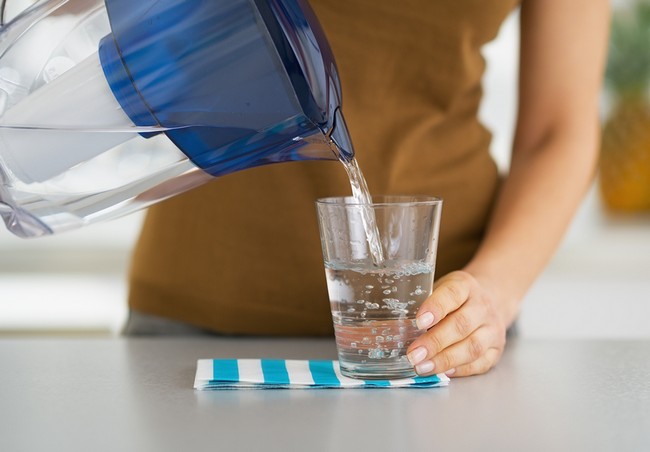
Photo credit: bigstock.com
10. Drink Pure Water
By now you probably already know that most municipalities in the U.S. treat their water with fluoride, a known neurotoxin. However, if your city water is treated with chlorine, you should know that chlorine reacts with natural organic matter to form a toxic byproduct called DBP. This byproduct is more than 1,000 times more toxic than most of the contaminants in your water, including fluoride and/or chlorine. DBPs have been well-tested and are known carcinogens. They have also been linked to reproductive problems in both humans and animals, even when consumed in lower levels.
Bottled water is not much better. Studies show that many types of bottled water contain just as many contaminates as tap water. A whole house filtration system is your best choice. Remember that what goes on your skin also enters your body, which means that those filtration devices for your sink only solve half the problem.
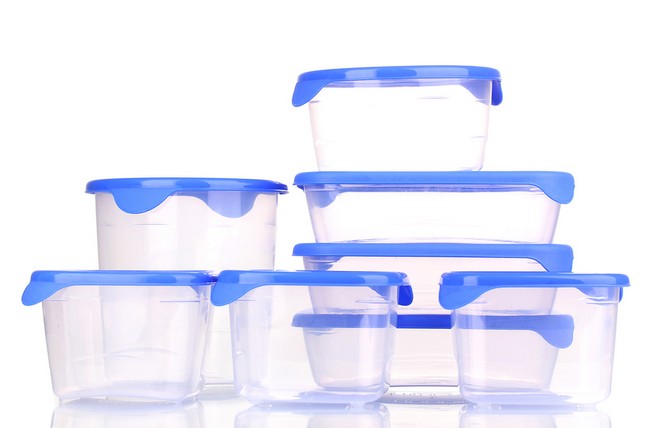
Photo credit: bigstock.com
11. Skip Plastic and Canned Foods
Avoid buying canned foods, and you can avoid a great deal of the dangerous chemical BPA. BPA (bisphenol-A) is a known hormone disrupting chemical that has been linked to reproductive and fetal development problems, as well as certain types of cancer. BPA is also used in plastic containers, but it is most often found in higher quantities in the lining of canned foods. The Harvard School of Public Health conducted a study showing that beverages and canned foods containing BPA increase your blood levels of this chemical an incredible 1,000 percent in a matter of days.
Use only glass baby bottles and non-plastic dishes for your baby. Use ceramic, glass or stainless steel travel mugs for coffee and water instead of Styrofoam. Dump those plastic glasses, dishes, and cups. Opt for glass or ceramic instead. Avoid using plastic wrap as much as possible. Give your baby natural toys of fabric or wood rather than plastic. Filter your own water and store it in glass containers. Don’t microwave food in plastic containers.
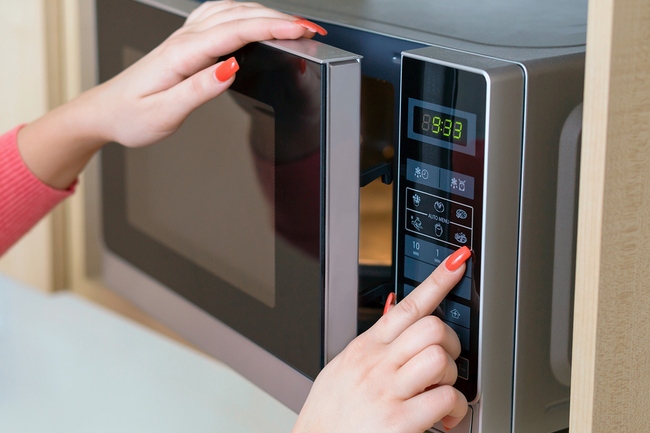
Photo credit: bigstock
12. Ditch the Microwave
Microwaving food, especially if you reheat your food in plastic containers, only increases the rate at which cancer-causing chemicals leach into the food. Microwaving makes new compounds that are not found naturally in the human body — or anywhere in the natural world — called radiolytic compounds. No one knows what these compounds are actually doing to the human body. Although we have become accustomed to the speed of using microwave ovens, it is possible to live without one.
Try using the old-fashioned toaster oven, which will re-heat small amounts of food safely. Defrost meat and other items the night before. Prepared double quantities of food and freeze half so that you have something ready to eat in about 30 minutes on those nights you don’t want to cook or don’t have time.
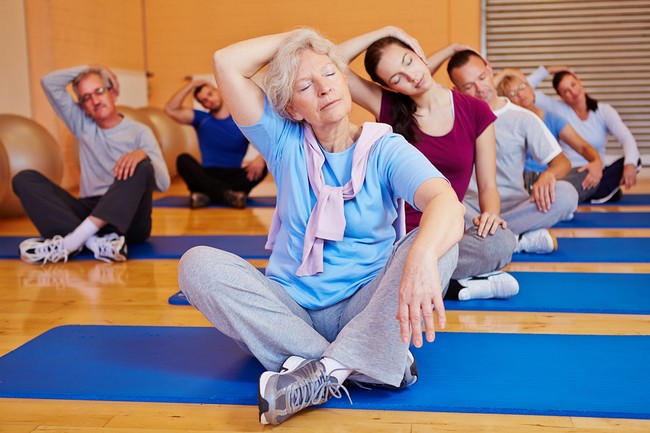
Photo credit: bigstock.com
13. Get Regular Exercise
There are few things as important to your health as regular exercise. Although it can be difficult to find the time, it’s as important as anything else. Try to find 30 minutes each day so that you can feel your best and help your body fight disease. Many things count as exercise, so find something you really enjoy. Take the dog for a walk every night after dinner.
Go for a walk and talk to your mother or a good friend on your cell phone. Play games with your kids, such as tag or soccer. Go for bike rides with your spouse. Dance in the living room. Whatever it is that you do, try to do it most days for at least 30 minutes.
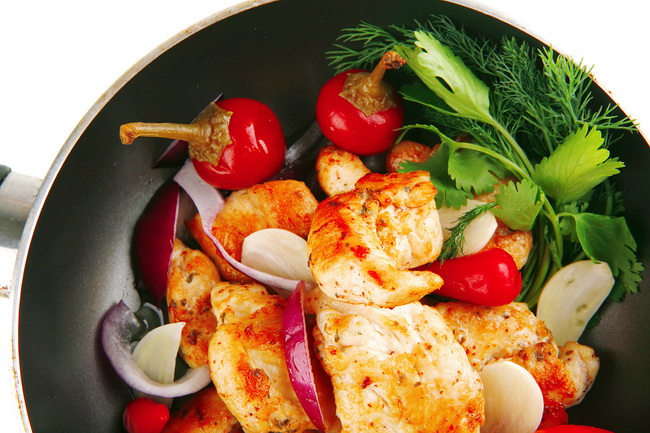
Photo credit: bigstock.com
14. Toss the Non-Stick
More than 65 percent of the cookware sold in the U.S. is non-stick or “teflon.” This non-stick coating contains compounds called PFOA and/or PFC, which is also used in stain resistant fabrics and grease-resistant food packaging. It has been well-documented that when these non-stick pans are heated, the coating breaks down, releasing toxins into the air. In fact, after just five or six minutes of high heat, at least six different toxins are being released; these toxins are being absorbed by your body at an alarming rate and can lead to cancer.
Small family pets, such as parakeets, have been killed by these fumes. If these toxins can kill a small animal, imagine what they are doing to you or to your children. Buy copper or cast iron pans instead. Yes, this is an investment, but these pans will never wear out. They are virtually unbreakable so they will last for years and years (some cast iron pans from the early 1900’s are still being used today). They put small amounts of iron and copper into your foods, both minerals that are good for the body.
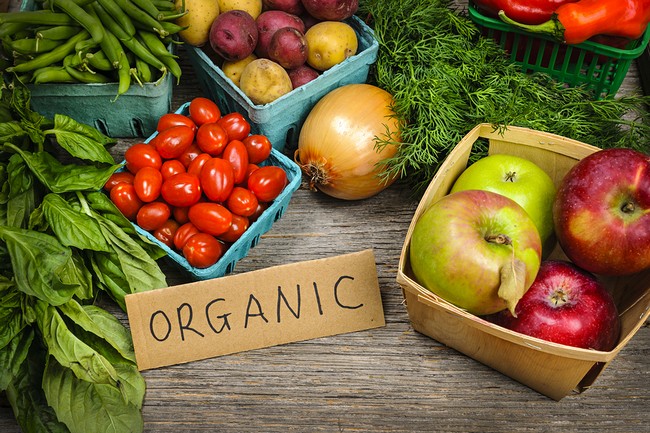
Photo credit: bigstock.com
15. Buy Organic and Locally Grown
The pesticides, herbicides, and fertilizers used by most big commercial farms are carcinogenic, and you are eating them every time you eat their produce or their animal products. Even the EPA (the Environmental Protection Agency) considers that 90 percent of the fungicides, 60 percent of the herbicides, and 30 percent of insecticides used in commercial farming are carcinogenic. Most are also very damaging to your central nervous system.
Everyone has to eat, but you don’t have to eat poison. As much as possible, grow your own! Many vegetables take very little space and can even be grown in containers on patios or balconies. What you can’t grow yourself, buy from your local farmers market, which generally is loaded with organic fruits and vegetables, sometimes even free range meats, eggs, and raw honey.
SEE ALSO: Heal and Prevent Cancer by Consuming Organic Foods
Although there are no guarantees in life, and there are plenty of things that we cannot control, we can limit our exposure to toxins and carcinogens. We can also limit the amount of chemicals that we consume. Every little bit helps and adds up to big changes. What are you waiting for? Start today to take control of your health, and encourage family members to do the same. You don’t have to make huge changes all at once. Implement just one or two changes into your life every few months. Before you know it, you will be on the healthy highway!
References:

































